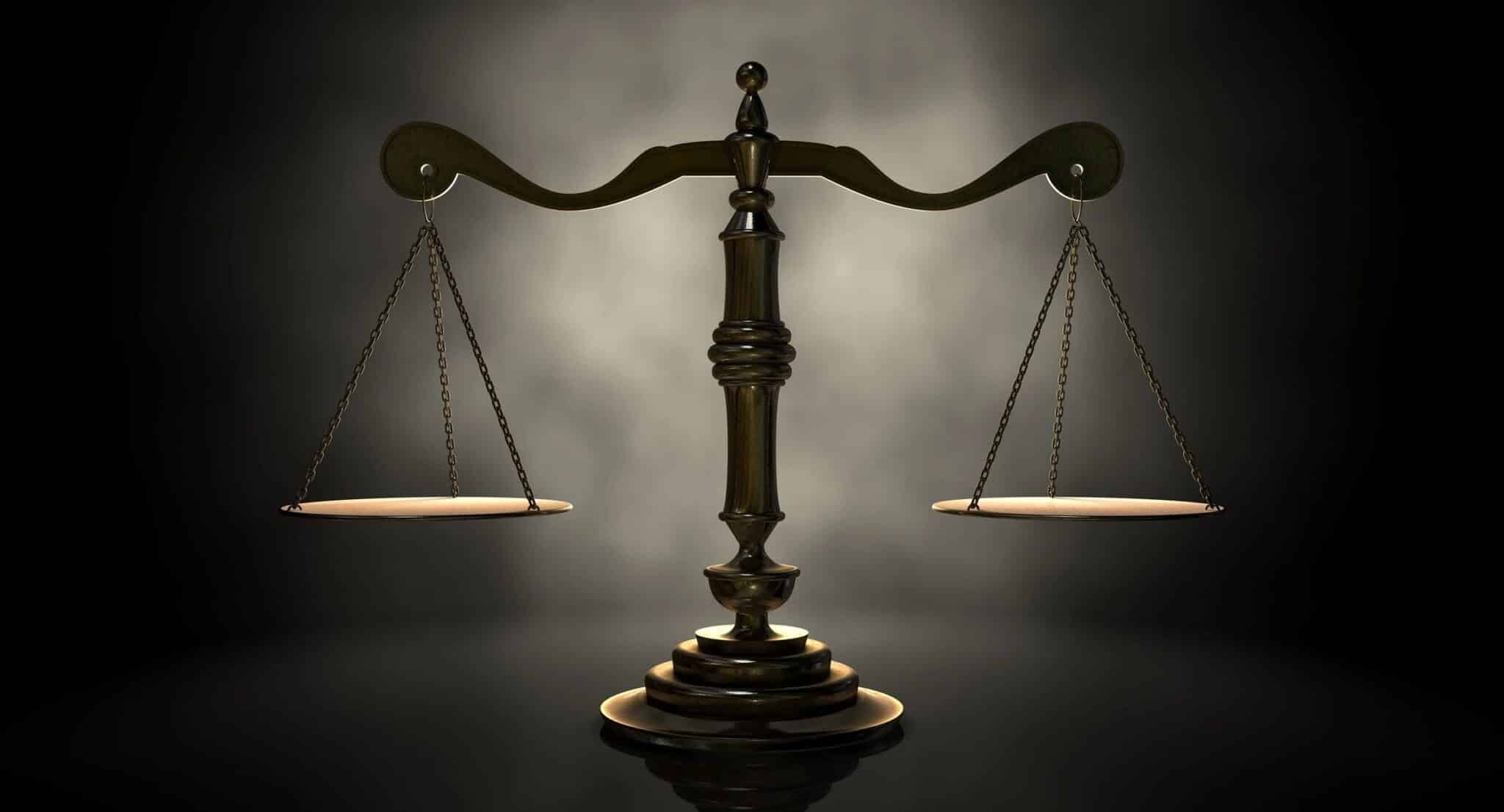The Equal Employment Opportunity Commission (EEOC) has recently clarified its regulations regarding how employers use criminal background checks when making the decision whether or not to hire an individual. The EEOC’s decision to clarify those regulations apparently came about as a result of the organization’s long standing concern that criminal history and race are too often associated when employers make hiring decisions. While the EEOC issued a clarification, not a game-changing reinterpretation, it is important for employers and employees to understand these regulations.
Criminal History Should Not Affect Employment
In broad strokes, the EEOC suggests that criminal history should not be a factor in a hiring decision. However, the organization recognized that, in some cases, criminal history is a required factor of consideration in some segments of the American workplace. As such, the Equal Employment Opportunity Commission has set up a series of best practices designed to prevent or alleviate how an individual’s criminal history may affect a hiring decision.
Background Checks are Not Forbidden
According to Title VII, criminal background checks are not forbidden. In fact, it would be legally impossible to eliminate criminal history as a consideration for hiring in every job in the US economy. For instance, sex offenders must be legally screened from working as teachers in public schools, Banks might require that fraud and larceny not be a part of an employee’s recent past.
Criminal History as a Factor in the Hiring Decision
However, the EEOC’s intent in this clarification appears to be a desire to minimize the importance of criminal history in hiring decisions. But what was the driving factor behind this clarification policy, and how does it relate to Title VII, which says nothing about discriminating against employees on the basis of criminal record? The driving force, according to the Equal Employment Opportunity Commission, was race.
Criminal History and Race Discrimination
Title VII regulations’ prohibition against race discrimination may be, according to the EEOC, inexorably linked. The organization posits that criminal history may be used as a protective shield by companies so that they might discriminate racially, especially against African American and Hispanic individuals. If a company amplifies the negative impact of an individual’s criminal background as a smokescreen for racial discrimination, then Title VII regulations have been violated.
If you feel you were turned down for a job due to racial discrimination and inappropriate factoring of your criminal background, you need to speak to a lawyer. Call the law offices of Valli, Kane & Vagnini to find out how we can help.
EEOC Puts New Limits on Criminal Background Checks
Your Rights. Our Fight.
Contact Us Today To Schedule A Free Consultation
Valli Kane & Vagnini LLP - Press & News
Safe Leave Laws Gain Momentum At State Level
By Amanda Ottaway/Law 360 While a new bill in Congress that would provide paid leave for workers who’ve experienced domestic violence or sexual assault may
Marilyn Manson Accuser Gets Trial Date for Revived Claims of ‘Horrific’ Abuse
“We are happy that the delays are behind us and that we will have an opportunity to depose [Manson] and present all the facts to
NY Courts May Have to Redo Thousands of Foreclosure Hearings Over Need for Appointed Counsel
By Brian Lee/ Law.com Thousands of foreclosure proceedings could potentially be headed for do-overs as a result of the court system settling a class-action lawsuit
Customer Service Reps Get Narrow Collective Cert. In OT Suit
By Abby Wargo/Law360 A Texas federal judge agreed Tuesday to certify a collective of customer service representatives alleging that a medical technologies corporation failed to pay them for off-the-clock
Park co-naming expected for 2024
Lawsuit says Open Streets program for green space projects violates the ADA By Naeisha Rose/Queens Chronicle The grassroots effort to formalize the reclamation of public
5 Notable Workplace Bias Verdicts From 2023
By Anne Cullen/Law 360 Law360 (December 15, 2023, 6:32 PM EST) — A $36 million jury verdict that the U.S. Equal Employment Opportunity Commission secured
Marilyn Manson’s Former Assistant Wins Appeal to Revive a Previously Dismissed Sexual Assault Lawsuit
Ashley Walters claims Manson sexually assaulted her, whipped her and threw her against a wall when she was his assistant in 2011. By Daniela Avila/
Marilyn Manson’s Ex-Assistant Wins Appeal, Can Sue for ‘Horrific’ Sexual Harassment and Assault
By Nancy Dillon/ Rolling Stone “This is a great victory for all survivors as it provides a clear path for issues of repressed memories,” Ashley
Worker Settles Overtime Suit Against Home Remodeler
By Caleb Drickey/Law360 · 2023-10-16 19:49:04 -0400 · Listen to article A worker who accused a home remodeling firm of misclassifying him as an overtime-exempt, salaried employee asked a
Q&A: Attorney Sara Wyn Kane on Tough Sexual Assault Cases and New York’s Lookback Window
By Sara Hammel/The Landing As one of Delta Captain Andrea Ratfield’s attorneys, Sara Wyn Kane of Valli Kane & Vagnini LLP is familiar with the specific and unique way









